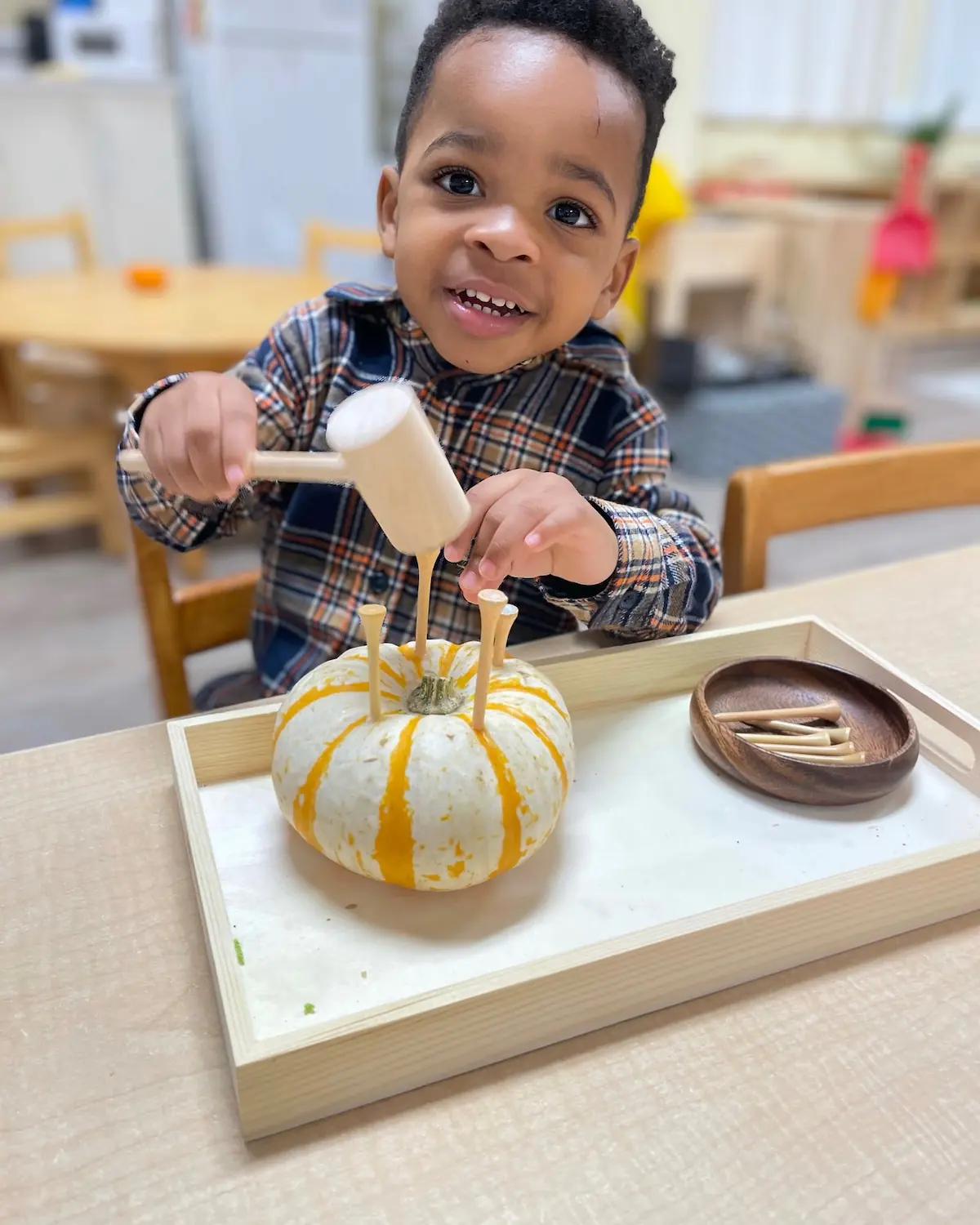Little Stars Classroom: Oneness-Family School (OFS)
 Independence
Independence
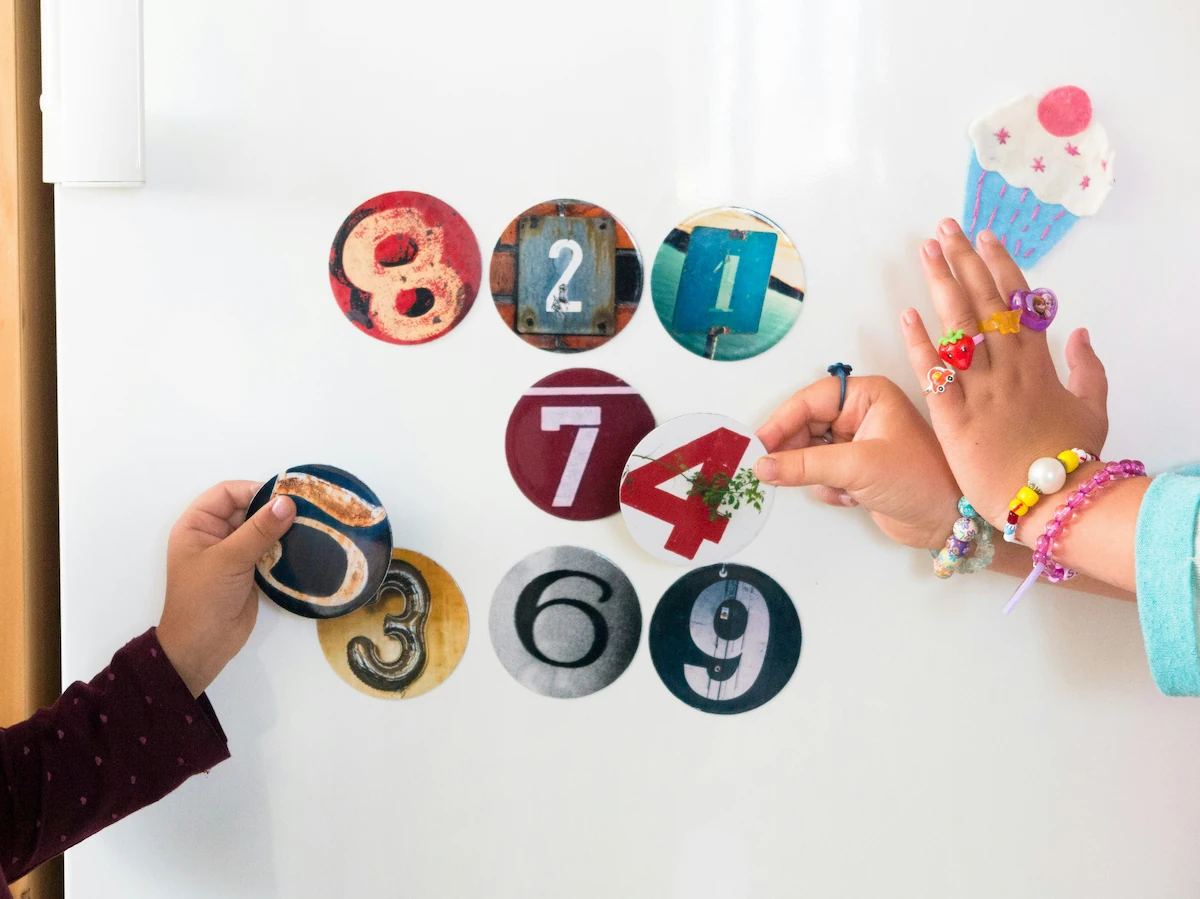 Stars
Stars
Ages 2 – 3
The Little Stars classroom is where our youngest students reside. A big part of being a toddler involves learning to care for oneself, and the teachers at this level emphasize independence, assisting the toddlers in learning to dress, wash their hands and faces, use the toilet, and keep track of their personal belongings. All of these practical life skills are important components of our Little Stars curriculum.
“I Want To Do It Myself”
In our Little Stars classroom, young children learn essential skills that emphasize independence and practical abilities.
Explore Our Toddler ProgramTake A Look Around Little Stars
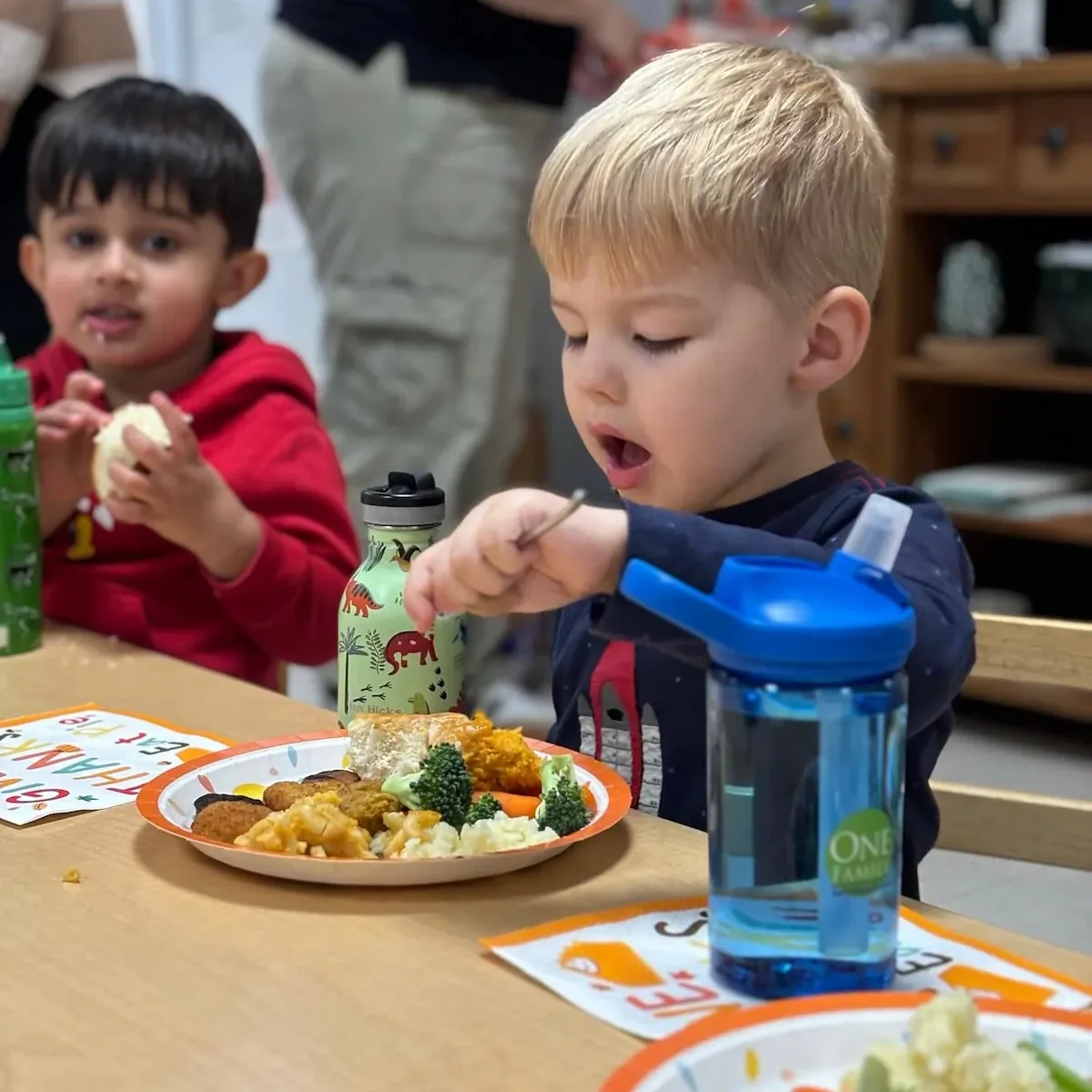
Practical Life
Practical Life activities focus on developing independence, coordination, and concentration through meaningful, real-world tasks. Toddlers engage in activities such as pouring, spooning, dressing, hand washing, and table setting. These experiences nurture responsibility, confidence, and care for themselves and their environment.
Example Work: Water Pouring with a Small Pitcher
Purpose: Builds concentration, coordination, independence, and responsibility. Children practice hand-eye coordination while gaining confidence in caring for themselves and their environment.
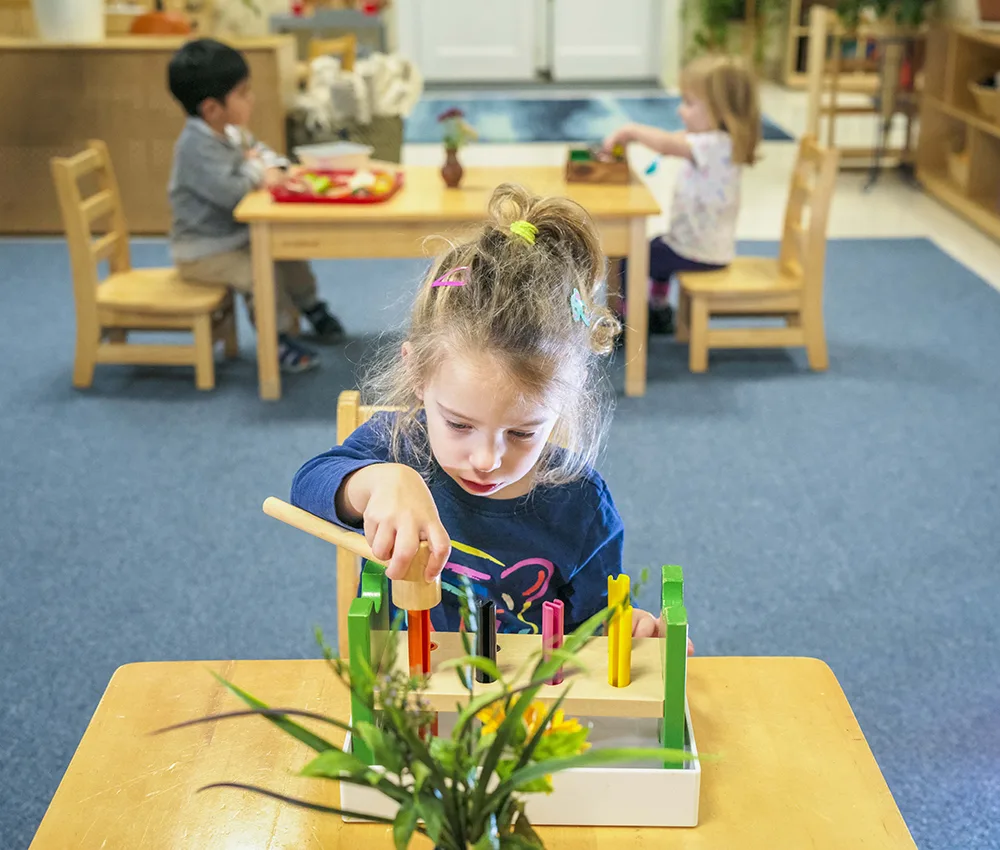
Sensorial
Sensorial activities refine the child’s five senses and support the development of classification and problem-solving skills. Through experiences such as matching colors, sorting textures, identifying sounds, or exploring shapes and sizes, toddlers begin to organize and make sense of the world around them.
Example Work: Color Tablets (First Box)
Purpose: Develops visual discrimination by matching and naming primary colors. This activity sharpens the sense of sight, encourages vocabulary development, and lays the groundwork for classification skills used in math and science.
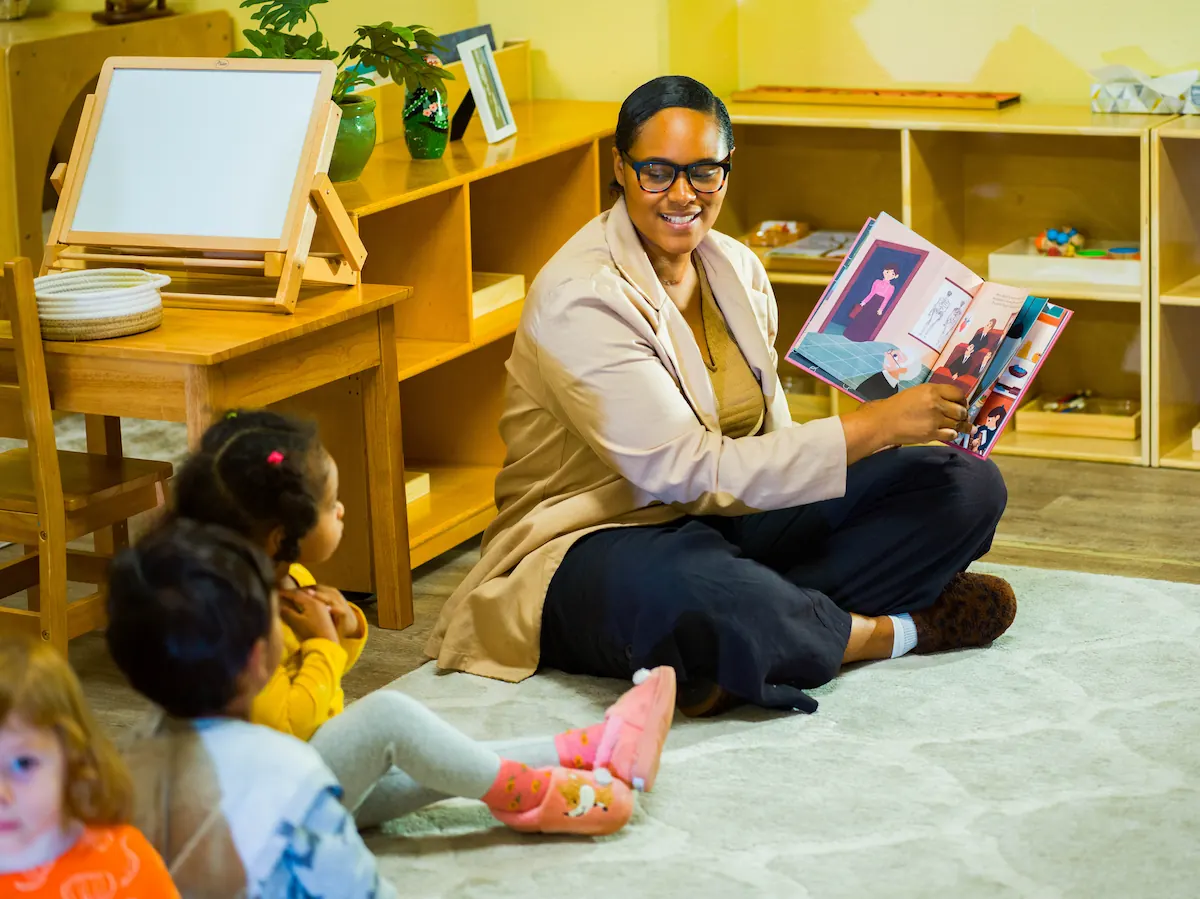
Language
The Language curriculum fosters communication, vocabulary growth, and early literacy. Through songs, stories, conversations, picture cards, and object naming, toddlers expand their ability to express themselves and begin building the foundation for future reading and writing.
Example Work: Object-to-Picture Matching Cards
Purpose: Expands vocabulary and strengthens connections between spoken language and visual representation. This activity supports self-expression and builds the foundation for reading comprehension.

Mathematics
Mathematics in the toddler environment is introduced through hands-on exploration of quantity, sequence, and order. Children engage in activities such as counting objects, sorting by shape or size, sequencing rings or blocks, and recognizing numerals in context. These experiences provide a concrete understanding of abstract mathematical concepts.
Example Work: Number Rods (Short Rods for Toddlers)
Purpose: Provides a concrete introduction to quantity and number sequencing. Children learn the concept of “how much” by seeing and feeling differences in length, preparing them for abstract math later on.
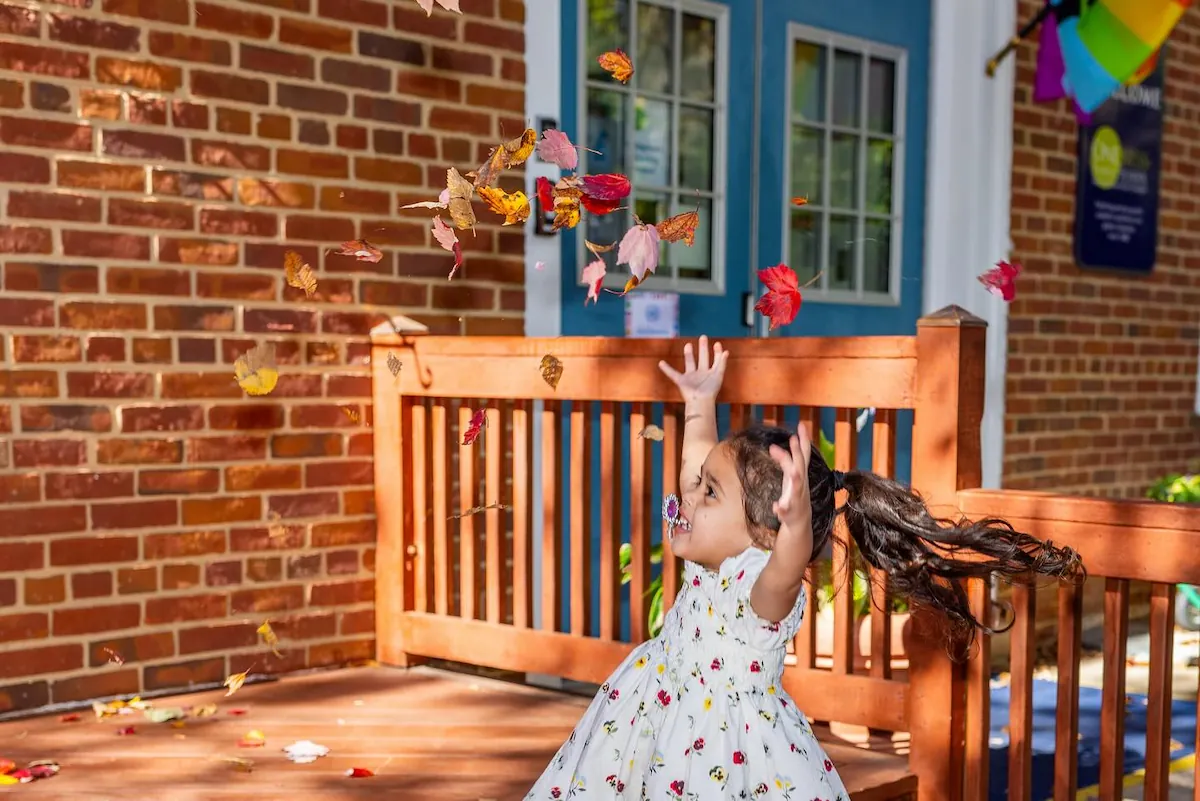
Cultural
The Cultural area introduces toddlers to the wider world through geography, science, art, music, and community. Activities may include exploring nature, identifying animals, planting seeds, listening to global music, engaging in art, or experiencing simple cultural traditions. These experiences encourage curiosity, respect, and appreciation for diversity and the natural environment.
Example Work: Animal Figurines with Matching Cards (e.g., Farm Animals)
Purpose: Introduces classification, geography, and biology by connecting animals to their names and environments. This activity cultivates curiosity about the world, respect for living things, and diversity awareness.
Why Independence Matters
In the toddler years (18 months to 3 years), children begin asserting their desire to do things on their own. In Montessori environments, this isn’t seen as resistance but recognized as growth.
Meet Your Teachers
-
Jashai Rowe
Primary Program Teacher (Age 2-3), Wishing Stars
Email
Biography
Jashai has been an educator at Oneness for four years and has been involved in the Montessori teaching environment since 2011. She holds an Early Childhood AMS Montessori degree.
From a young age, she has been passionate about working with children, and finds immense fulfillment in witnessing her students’ progress and development throughout the year. She believes that these formative years are crucial in shaping a child’s future and was drawn to the Montessori philosophy due to Maria Montessori’s belief in the child’s greater capabilities. One of her favorite Montessori quotes is, “Never do for a child what he can do for himself,” which reflects the importance of fostering independence and self-reliance.
Jashai Rowe resides in Rockville with her husband, Kofi, a correction officer, their 11-year-old daughter, Jade, who recently started 6th grade, and their energetic Cavapoo, Jet. Beyond teaching, she enjoys crafting stories, singing loudly and proudly, preparing tasty meals, engaging in family game nights, and traveling to Ghana to visit relatives.
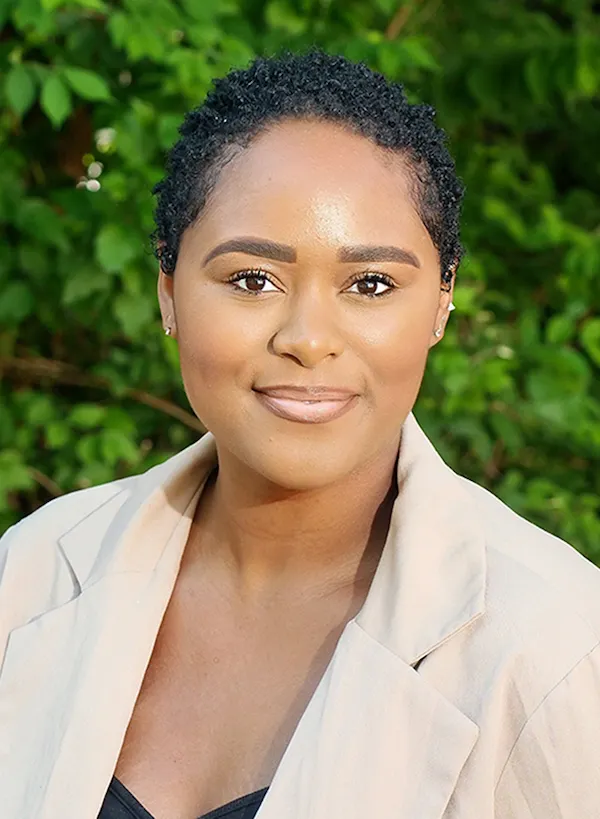
-
Clara Mendez
Primary Program Teacher (Ages 2-3), Wishing Stars
Email
Biography
Clara joined the Oneness-Family School in 2022 after previously working at a preschool for eight years with students ages two to three. She holds a Maryland State Department of Education (MSDE) Teacher Credential. She finds working with toddlers inspiring, knowing that she is a part of their first school experience. Clara feels that it is a gift to help the youngest students explore the world around them. It brings her joy to watch the students grow throughout the school year.
Clara lives in Gaithersburg, Maryland, with her husband, Jose, and their fur baby Remi. During her free time, she likes to spend time with her family and enjoys expressing her creativity through photography and crafting.
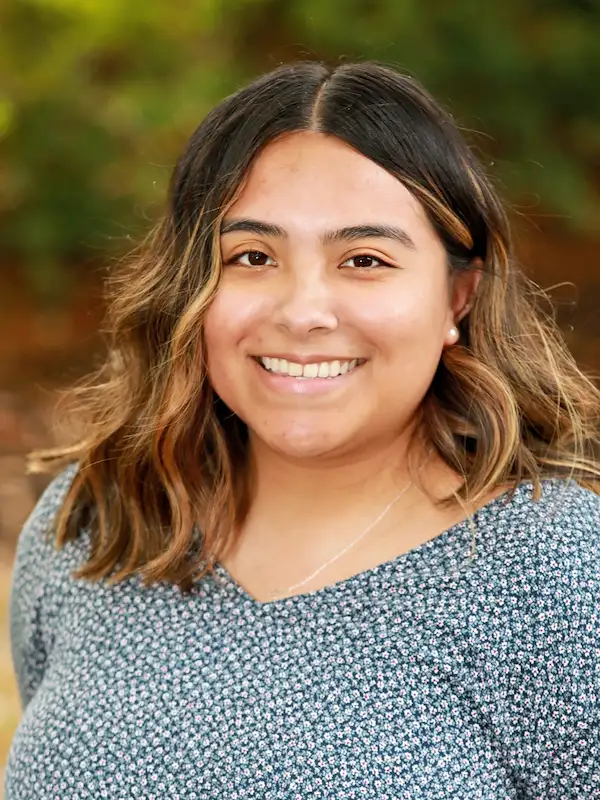
-
Kumari Fernando
Primary Programs Teacher (Age 2-3), Wishing Stars
Email
Biography
Originally from Sri Lanka, Kumari is a certified early childhood Montessori teacher with over 15 years of experience in early childhood education and childcare. Becoming a parent opened her eyes to the incredible growth and development that takes place in children between the ages of 2-5, inspiring her to better understand how to nurture their full potential. This curiosity led her to pursue formal training in the Montessori method.
She was particularly drawn to the Montessori approach, which emphasizes independence, discipline, and respect for the learning environment. Kumari appreciates how Montessori not only nurtures a child’s curiosity but also instills a sense of order and responsibility—finishing a task, putting things back in their place, and preparing the space for a friend. She finds it to be a beautiful way to help children grow into mindful, capable individuals.
Kumari is grateful to be part of the Oneness-Family School community and is excited to learn, share, and grow alongside the children and educators there.
Outside of her professional interests, she enjoys swimming and running. Having completed a few half marathons, she now focuses on 5K runs, keeping her passion for the sport alive. 😊
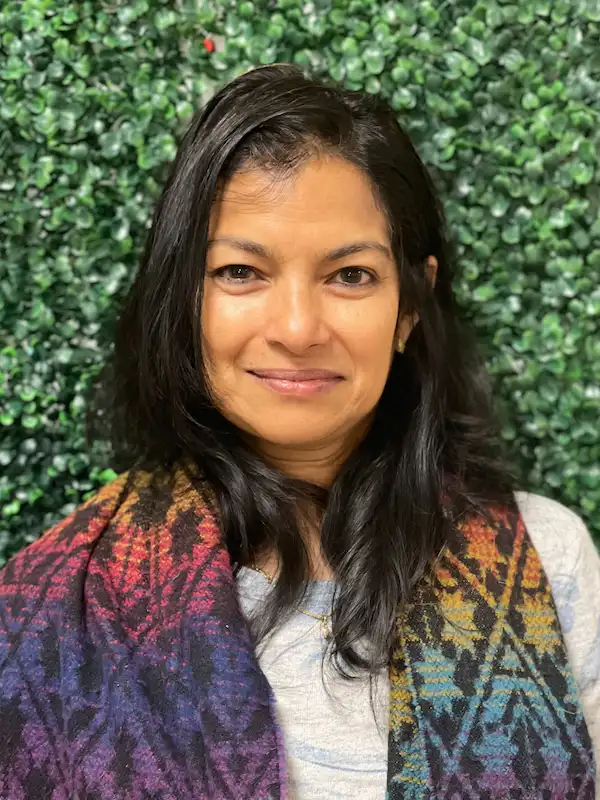
-
Marlyn Arevalo
Primary Programs Assistant Teacher (Age 2-3)
Email
Biography
A certified Maryland State Department of Education and Montessori Assistant teacher, Marlyn finds it exciting to be part of the beginning of a child’s educational journey. She finds meaning in both teaching and learning from the youngest students at Oneness-Family School.
Marlyn is currently getting a degree in Early Childhood Education. She lives in Prince George’s County with her parents, siblings, and puppy Rambo. During her free hours Marlyn loves spending time with family and friends, and traveling whenever she can.

-
Carol May
Primary Programs Volunteer (Age 2-3)
Email
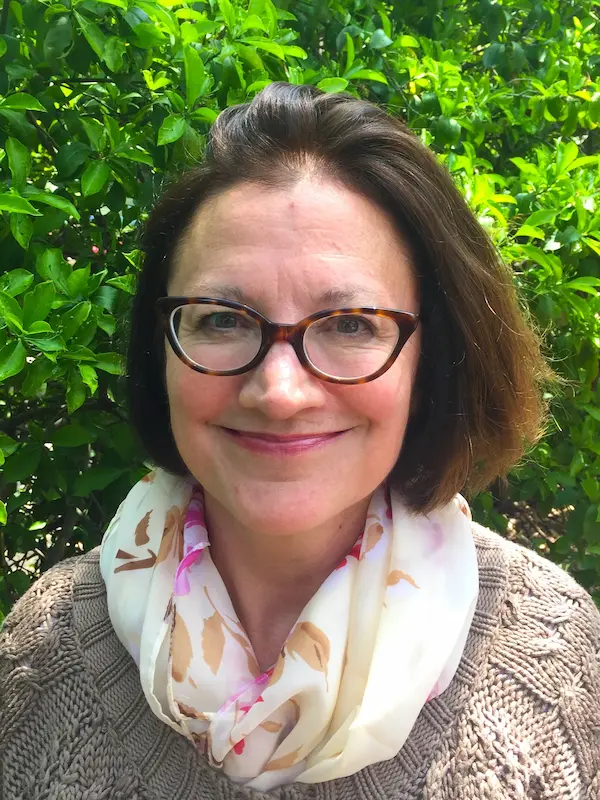
Take The Next Step
If you’re interested in learning more, we can arrange for you to visit the school and take a tour
Book a TourA Typical Day In Little Stars

First Impressions
The Montessori toddler daily routine is designed to support independence, curiosity, and a sense of calm. Typically, it includes a gentle, predictable schedule that balances activities and rest.

Settling In
The day begins with welcoming the children and giving them time to settle in, often through simple activities like dressing or cleaning up. There are usually periods of uninterrupted work during which toddlers choose activities such as pouring, sorting, or practical life tasks, promoting their independence and motor skills.

Snacks & Quiet Time
Snacks and meal times are calm and social, encouraging good manners and self-help skills. Rest periods or quiet time follow, allowing children to recharge. The day often concludes with outdoor play, where children can engage in physical activity and explore nature freely.

Gentle Guidance
Teachers observe and support each child’s interests throughout the day, guiding them gently without interfering. The routine fosters a peaceful environment that encourages self-motivation, confidence, and a love for learning.
- 37 YearsSince Oneness-Family School was founded in 1988.
- 75 CountriesRepresented by our students, families, faculty, and staff.
- 1 FamilyUnited by a belief in courage, compassion and love of learning.
About Little Stars

Little Stars is a thoughtfully prepared environment where even the smallest details are designed to support young children’s natural curiosity. With calm spaces, beautiful materials, and caring guides, it’s a place where exploration is encouraged and every moment invites discovery.
Designed for independence, discovery, and calm
The toddler classroom is a peaceful, beautiful space built entirely around the needs of the child. Everything—from the furniture to the materials—is thoughtfully chosen to encourage freedom within limits.
- Everything Within Reach: Low shelves and child-sized tools invite toddlers to choose their own work and put it away with pride.
- Natural Materials: Wood, glass, and cloth offer rich sensory experiences, helping children connect to the real world.
- Purposeful Activities: Each material supports a skill—from hand coordination to language development—so even simple tasks lead to big learning.
